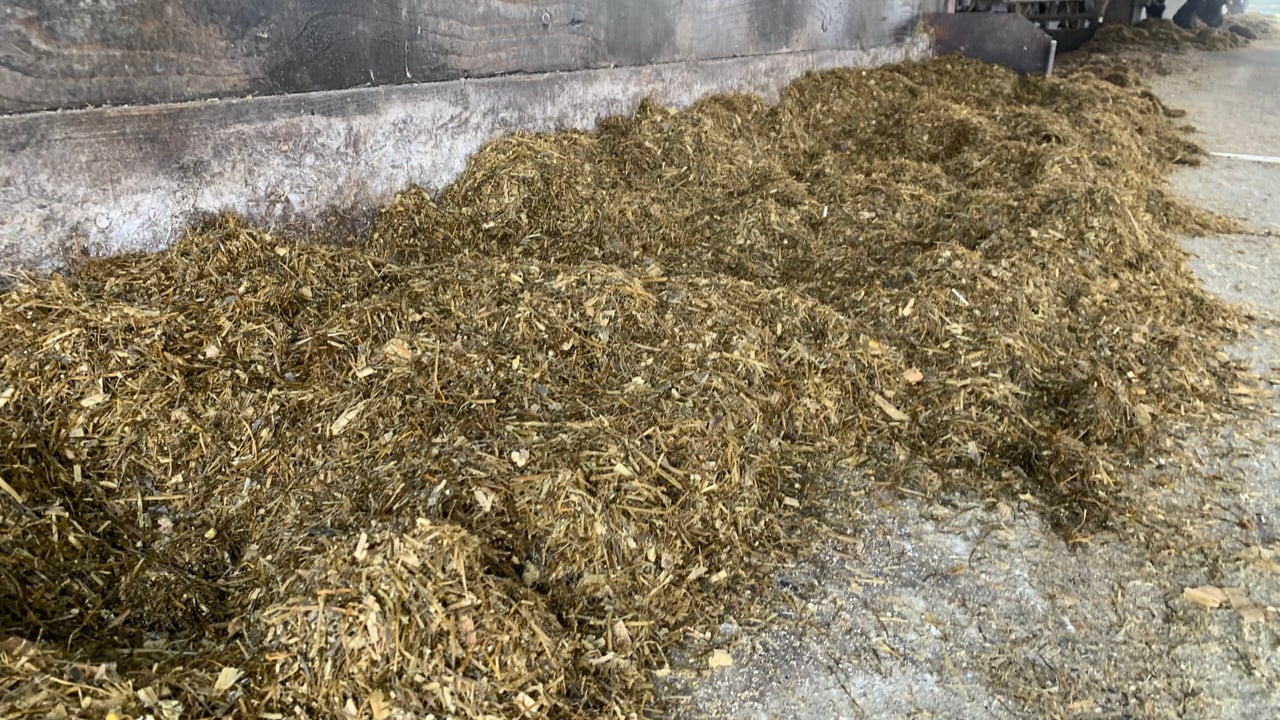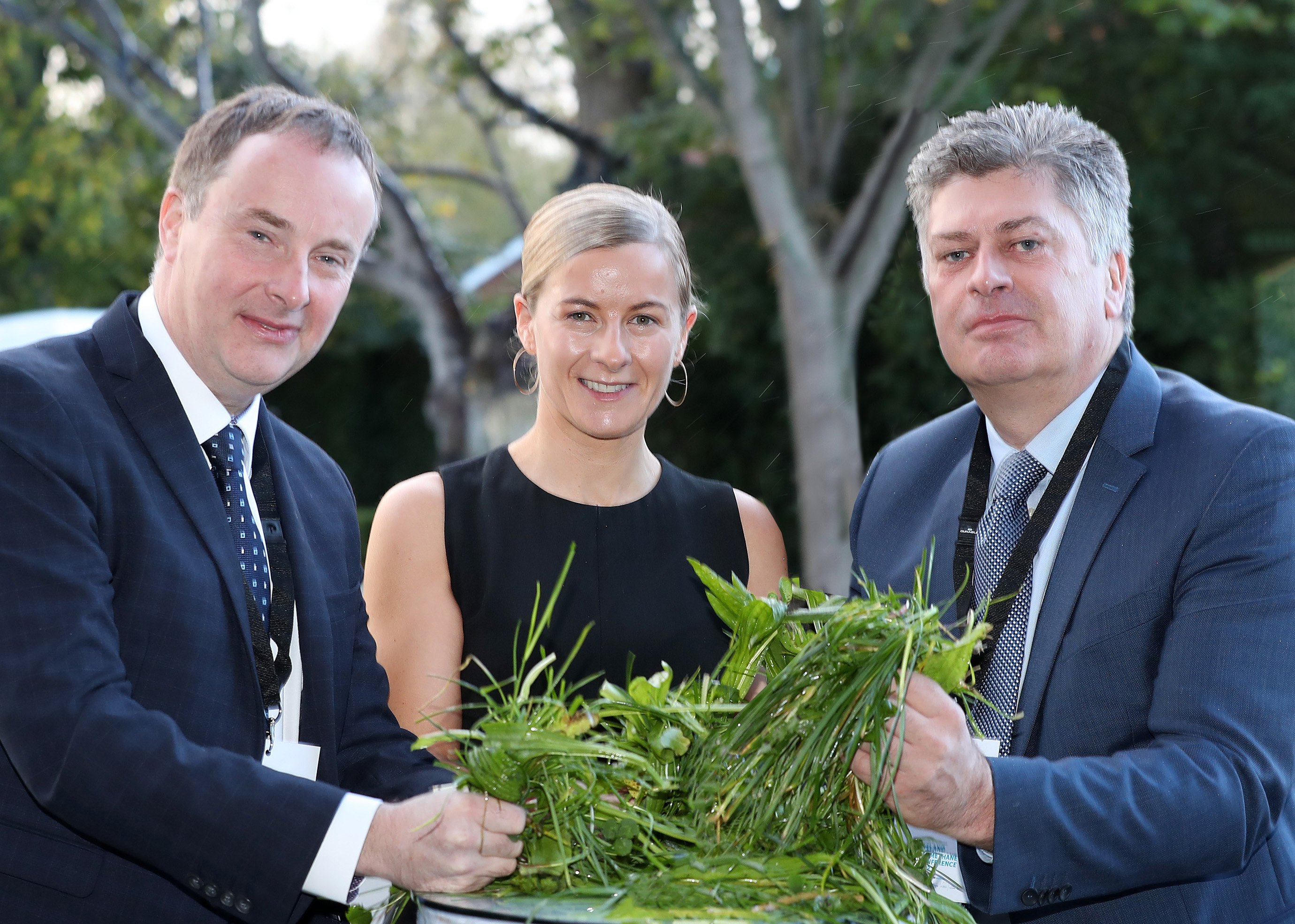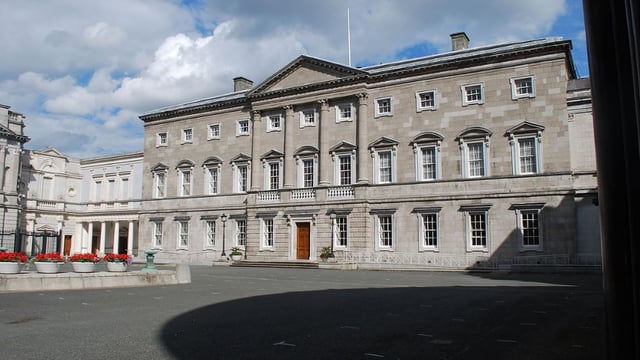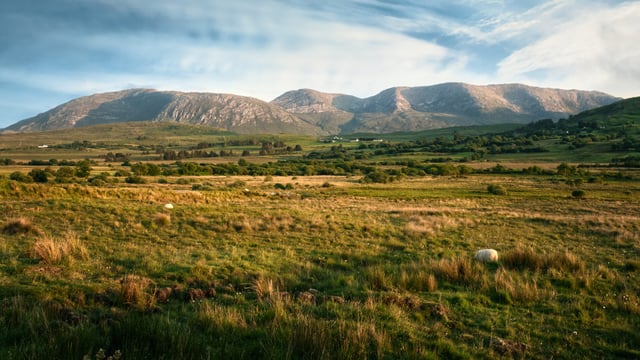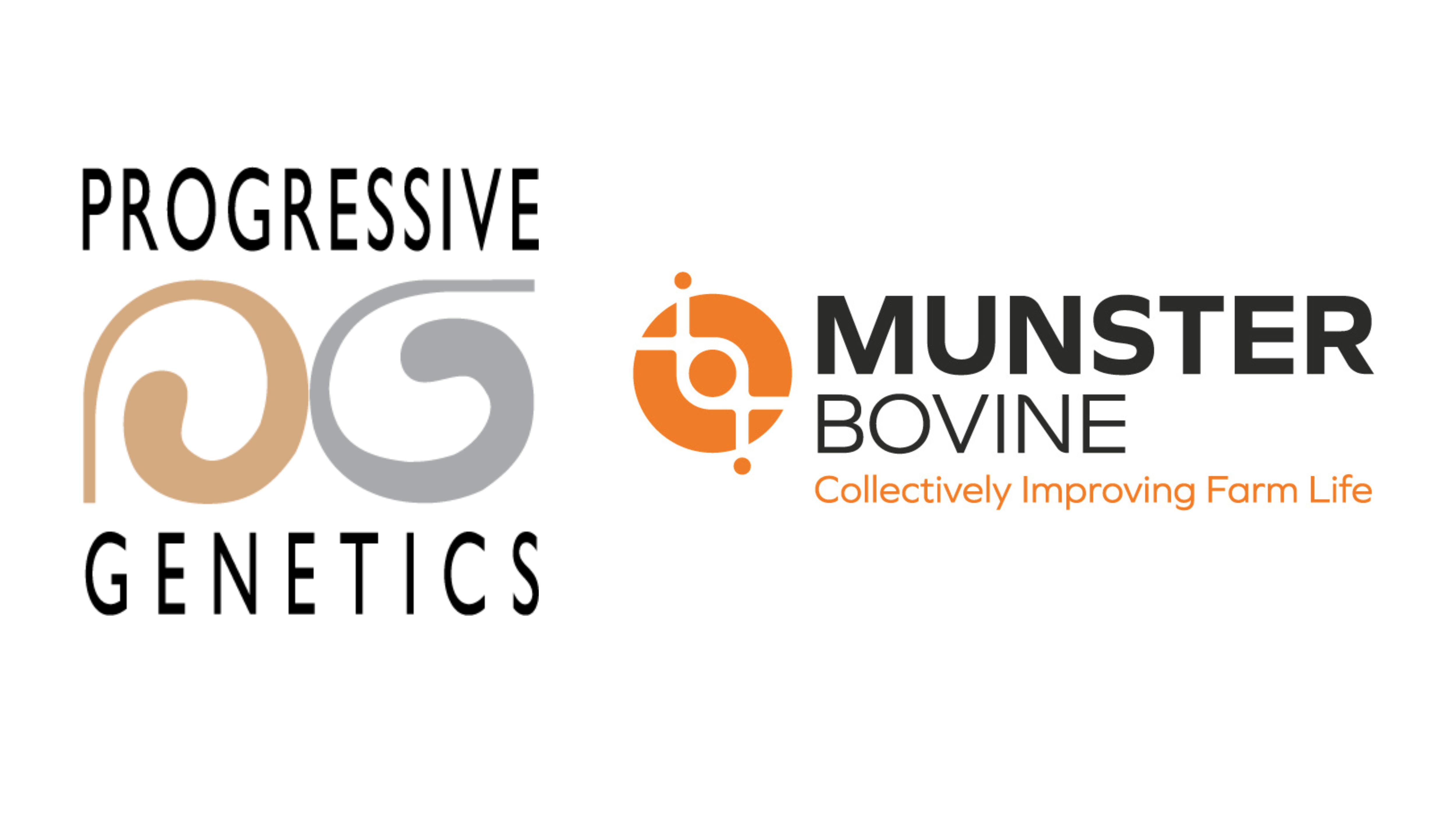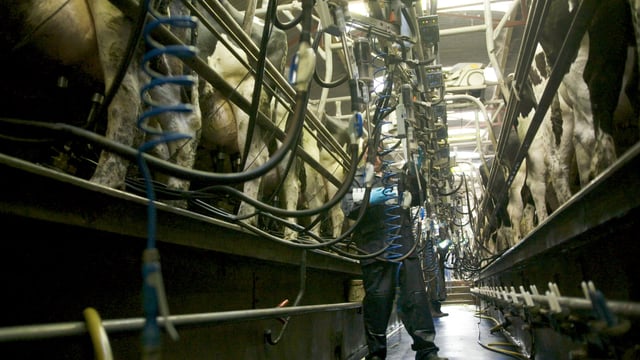Conference to focus on National Biomethane Strategy
Ireland's National Biomethane Strategy will be the focus of the 2024 Biomethane Conference held by the Renewable Gas Forum Ireland (RGFI) at Croke Park next month.
The primary objective of the National Biomethane Strategy is the delivery of 5.7 TWh of indigenous biomethane per year by 2030, which is the target set in Ireland’s Climate Action Plan.
The biomethane strategy is expected to be published within weeks, Minister for Agriculture, Food and the Marine, Charlie McConalogue recently confirmed to Agriland.
A biomethane industry in Ireland can help the agriculture sector meets its 25% emissions reduction target by 2030, according to the draft strategy which was subject to a public consultation earlier this year.
The conference will take place at Croke Park, Dublin, on Wednesday, June 12, "just weeks after the release of the National Biomethane Strategy", according to the RGFI.
"The strategy is expected to provide clarity for AD developers, farmers and investors regarding funding and a clear framework for regulation, planning and approvals.
"To meet the Climate Action Plan and achieve the national target of 5.7 TWh biomethane production by 2030, Ireland needs to construct 150-200 large-scale AD biomethane plants.
"This sector will play a key role in Ireland’s decarbonisation, circular bio-economy, and energy security and storage," the CEO of the RGFI, PJ McCarthy said.
The RGFI identified four "essential elements" to achieve these goals:
- Funding: 50% capital funding and a subsidy, feed-in tariff, or green premium to support biomethane production, providing investor certainty;
- A Renewable Heat Obligation: A policy enabler placing an obligation on energy providers to buy renewable gas;
- Low-cost finance: High interest rates impact production costs;
- Regulatory framework: Clear guidelines for regulation, planning and approvals.
The conference will feature addresses by Minister McConalogue and Minister for Environment, Climate and Communications, Eamon Ryan, as well as representatives from Northern Ireland’s Department for Agriculture, Environment and Rural Affairs.
Speakers will also include farmers, both as feedstock suppliers and AD developers, the European Biogas Association, Teagasc, the Food Vision 2030 Strategy Committee, Nephin Energy, BioCore, Future Biogas, and the Dairy Processing Technology Centre.
McCarthy said the "significant networking event" marks the transition from vision to action, focusing on finance and funding, planning, licensing, technology and sustainability.
"The utilisation of natural resources to produce bio-products of bio fertiliser and biogenic CO2 also present valuable bio refinery opportunities, given their decarbonisation value and high demand," he added.
The strategy envisages the equal use of silage and slurry as feedstocks in an at-scale biomethane industry, and states that slurry from 1.3 million cattle will be required to meet the 5.7 TWh 2030 target.
The strategy also states that producing feedstock for biomethane from farms is not meant to compete with food production, and that the production of feedstocks does not result in any further intensification of farming.
Opportunities for biomethane in the agriculture sector include diversification for livestock farmers, reduced emissions from animal waste, bio-based fertiliser, and carbon sequestration on land, the draft strategy states.

